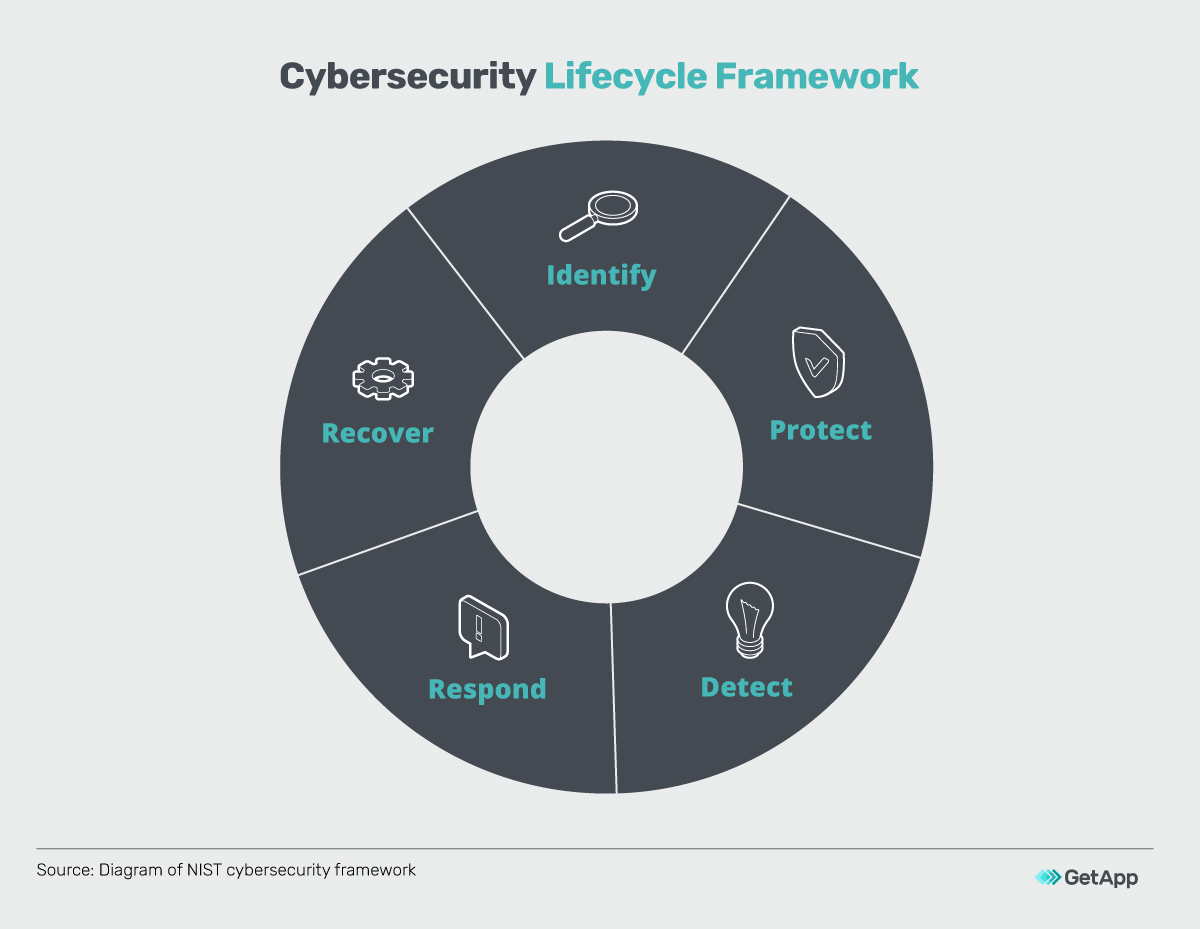Artificial intelligence (AI) revolutionizing industries, 65% businesses investing Generative AI assist everything basic document reviews editing, enhancing automated workflows, co-piloting advanced research, bolstering cybersecurity much more. Recognizing transformative role, ISACA .
 Implement stringent cybersecurity protocols access control encryption safeguard AI data assets protect IP. . than providing insights. 2025, decision intelligence be key that companies augment existing business intelligence capabilities. example, AI-powered supply chain analytics system .
Implement stringent cybersecurity protocols access control encryption safeguard AI data assets protect IP. . than providing insights. 2025, decision intelligence be key that companies augment existing business intelligence capabilities. example, AI-powered supply chain analytics system .
 Business Intelligence an important tool organizations seeking manage mitigate digital risks. Importance Data Cyber Security. Data plays critical role in Cyber Security Business Intelligence. is foundation identifying patterns, making informed decisions, predicting outcomes.
Business Intelligence an important tool organizations seeking manage mitigate digital risks. Importance Data Cyber Security. Data plays critical role in Cyber Security Business Intelligence. is foundation identifying patterns, making informed decisions, predicting outcomes.
 US Cyber Cross-Business Integrations Leader Principal [email protected] +1 773 294 6430: Anthony Berg Cyber Identity Leader Principal [email protected] +1 404 395 6340: Clare Mohr Deloitte Cyber Intelligence Lead VP [email protected] +1 719 433 0336: Vikram Kunchala Cyber Platforms & Solutions Leader Principal vkunchala .
US Cyber Cross-Business Integrations Leader Principal [email protected] +1 773 294 6430: Anthony Berg Cyber Identity Leader Principal [email protected] +1 404 395 6340: Clare Mohr Deloitte Cyber Intelligence Lead VP [email protected] +1 719 433 0336: Vikram Kunchala Cyber Platforms & Solutions Leader Principal vkunchala .
 The Role of Artificial Intelligence (AI) Cybersecurity AI's integration cybersecurity focuses automating threat detection, predictive analytics, response mechanisms. analyzing vast amounts data real time, AI enables organizations proactively identify vulnerabilities mitigate risks they escalate.
The Role of Artificial Intelligence (AI) Cybersecurity AI's integration cybersecurity focuses automating threat detection, predictive analytics, response mechanisms. analyzing vast amounts data real time, AI enables organizations proactively identify vulnerabilities mitigate risks they escalate.
 However, 81 cent them view cyber-crime cyber insecurity one the top biggest impacts their companies the three years. Moreover, comes no surprise 75 percent the business leaders the CEO Outlook 2024 express a cybersecurity-centric culture critical AI integration .
However, 81 cent them view cyber-crime cyber insecurity one the top biggest impacts their companies the three years. Moreover, comes no surprise 75 percent the business leaders the CEO Outlook 2024 express a cybersecurity-centric culture critical AI integration .
.png) Companies deal high volumes data day. fact, 51% businesses realize positive difference their bottom line using business intelligence (BI) predict customer trends. to source, BI market reach close $30 billion the of 2022.With much money into data management so resulting it, need effective .
Companies deal high volumes data day. fact, 51% businesses realize positive difference their bottom line using business intelligence (BI) predict customer trends. to source, BI market reach close $30 billion the of 2022.With much money into data management so resulting it, need effective .
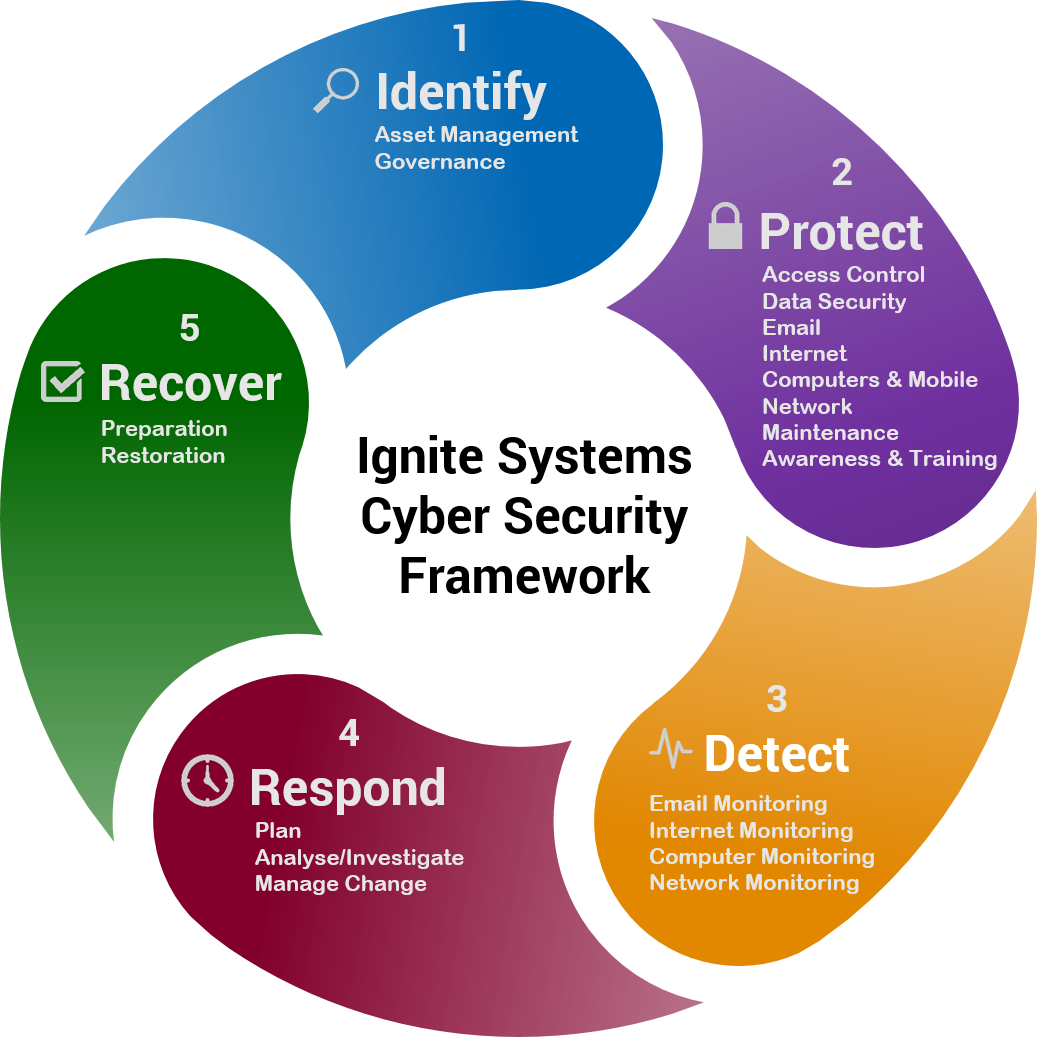 The role of cybersecurity be underestimated. increasing adaption technology means businesses becoming dependent devices virtual systems. these systems boost .
The role of cybersecurity be underestimated. increasing adaption technology means businesses becoming dependent devices virtual systems. these systems boost .
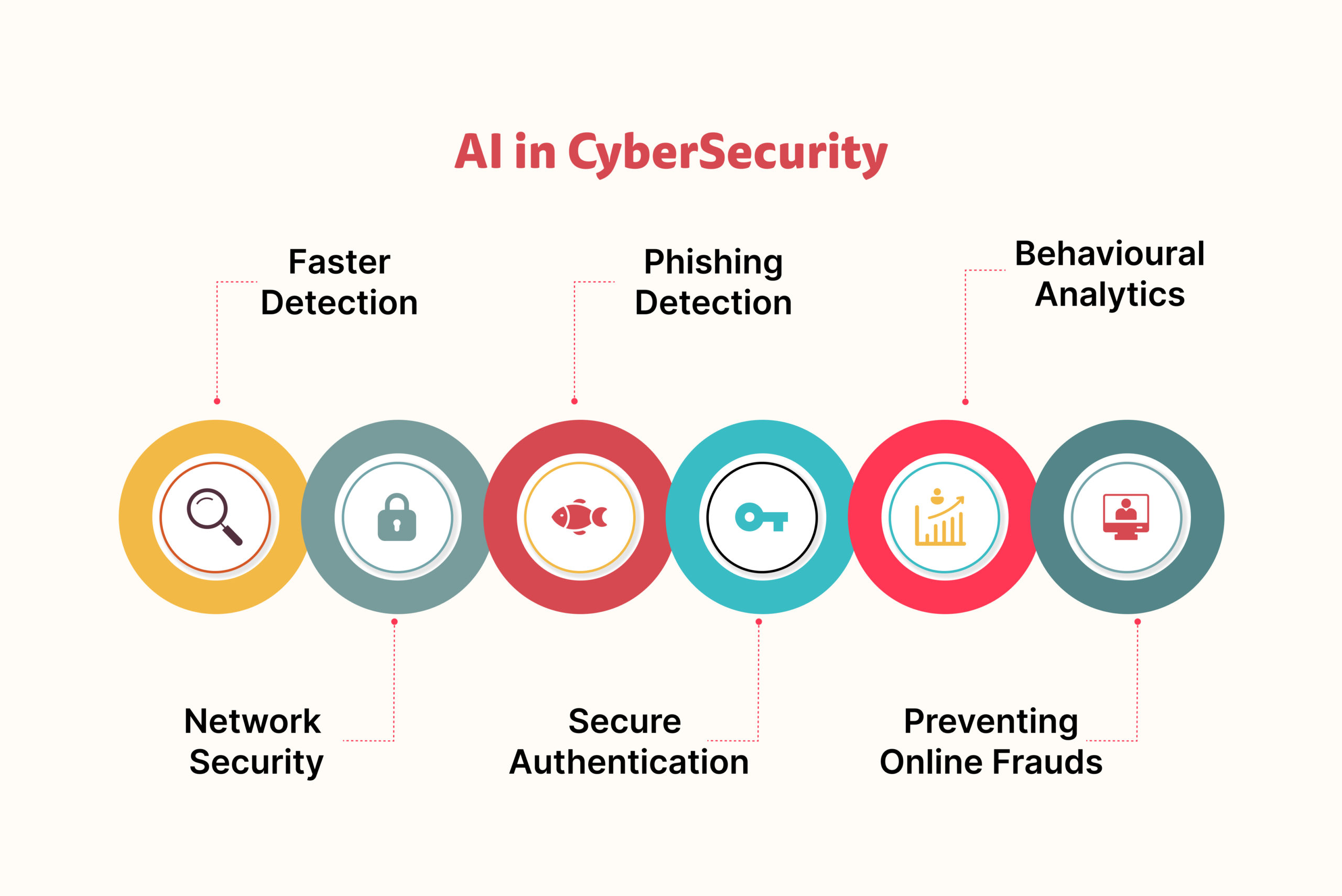 BI different business cases. Business Intelligence isn't one-size-fits-all solution. versatility it applicable industries business functions: 1. Retail. Business intelligence extends applications the retail industry. Retail businesses leverage BI analyze data customer spending habits, inventory .
BI different business cases. Business Intelligence isn't one-size-fits-all solution. versatility it applicable industries business functions: 1. Retail. Business intelligence extends applications the retail industry. Retail businesses leverage BI analyze data customer spending habits, inventory .
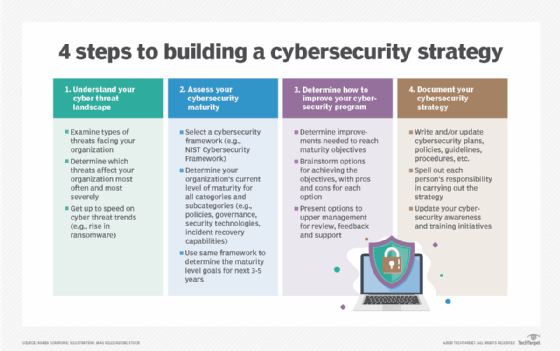 This evolving role requires CISOs take more integrated approach, working closely departments as legal, compliance IT. must ensure organization's cybersecurity strategy not aligned shifting regulations that also supports broader business objectives.
This evolving role requires CISOs take more integrated approach, working closely departments as legal, compliance IT. must ensure organization's cybersecurity strategy not aligned shifting regulations that also supports broader business objectives.
 How to build a cybersecurity plan with business intelligence in 2021
How to build a cybersecurity plan with business intelligence in 2021
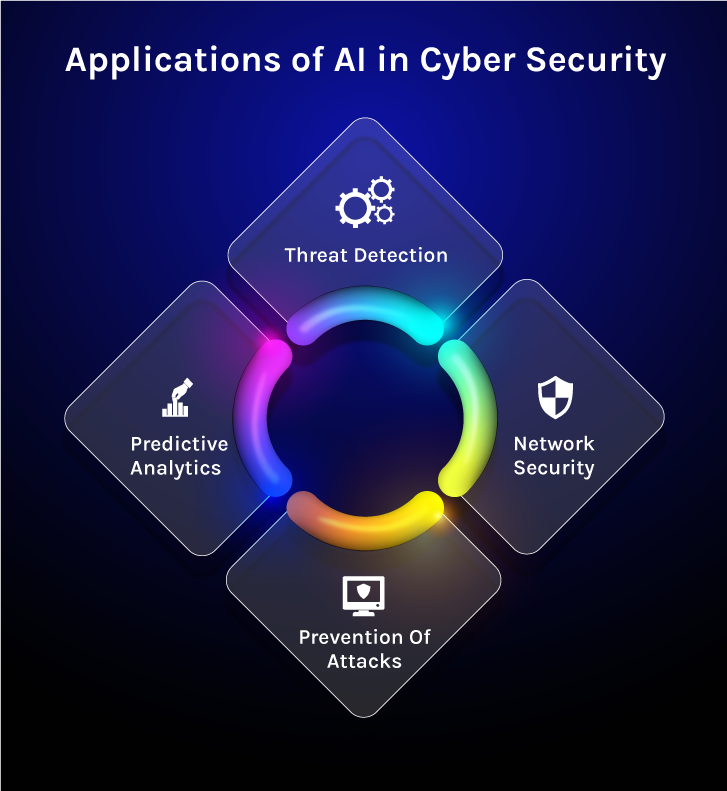 The New Role of Artificial Intelligence in Cybersecurity
The New Role of Artificial Intelligence in Cybersecurity
 The role of AI in cyber security
The role of AI in cyber security
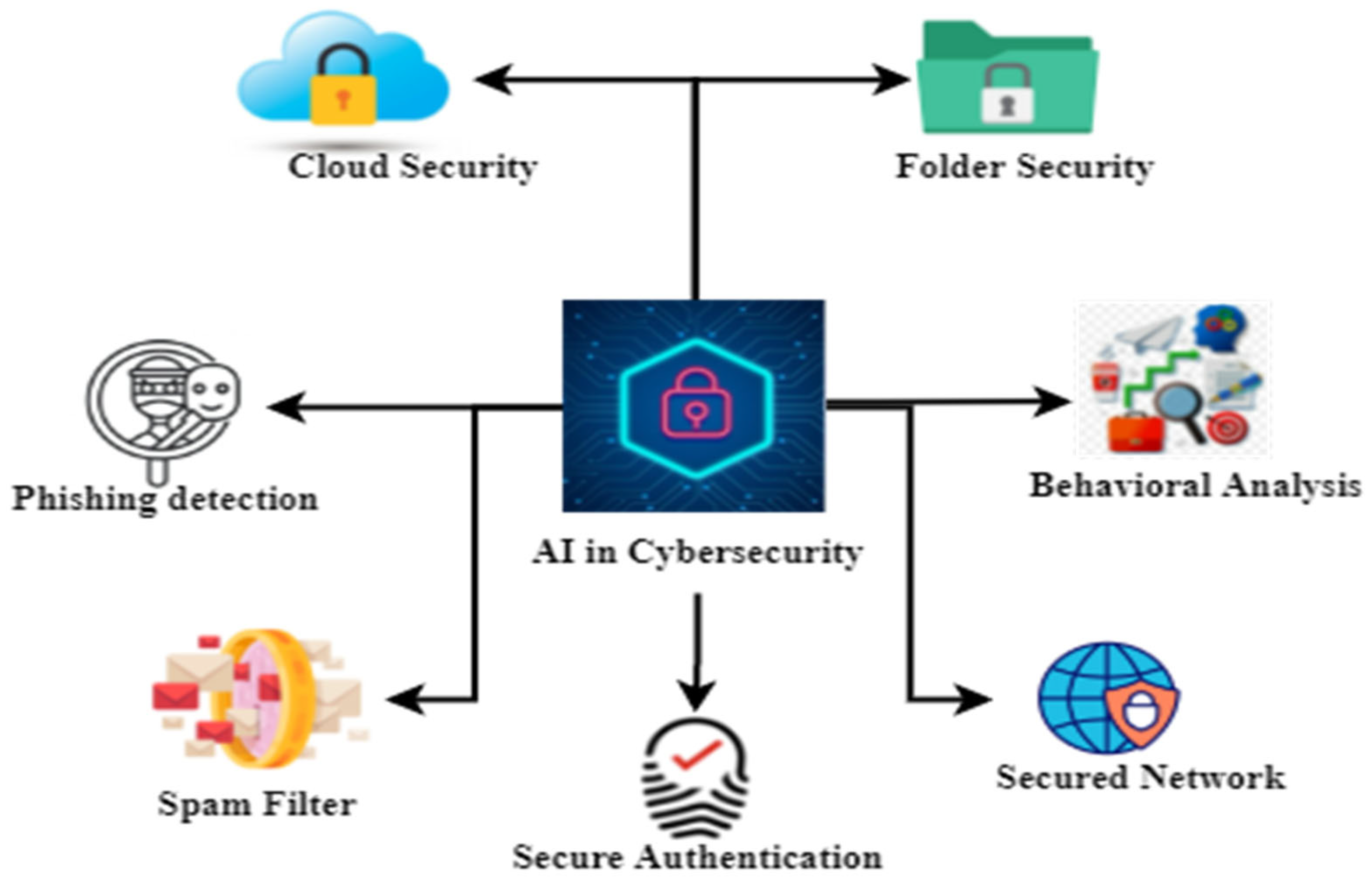 Applied Sciences | Free Full-Text | Exploring the Impact of AI-Based
Applied Sciences | Free Full-Text | Exploring the Impact of AI-Based
 Ai Vs Cybersecurity Which Is Better
Ai Vs Cybersecurity Which Is Better
 How to build a 'cybersecurity ready' organizational culture | World
How to build a 'cybersecurity ready' organizational culture | World
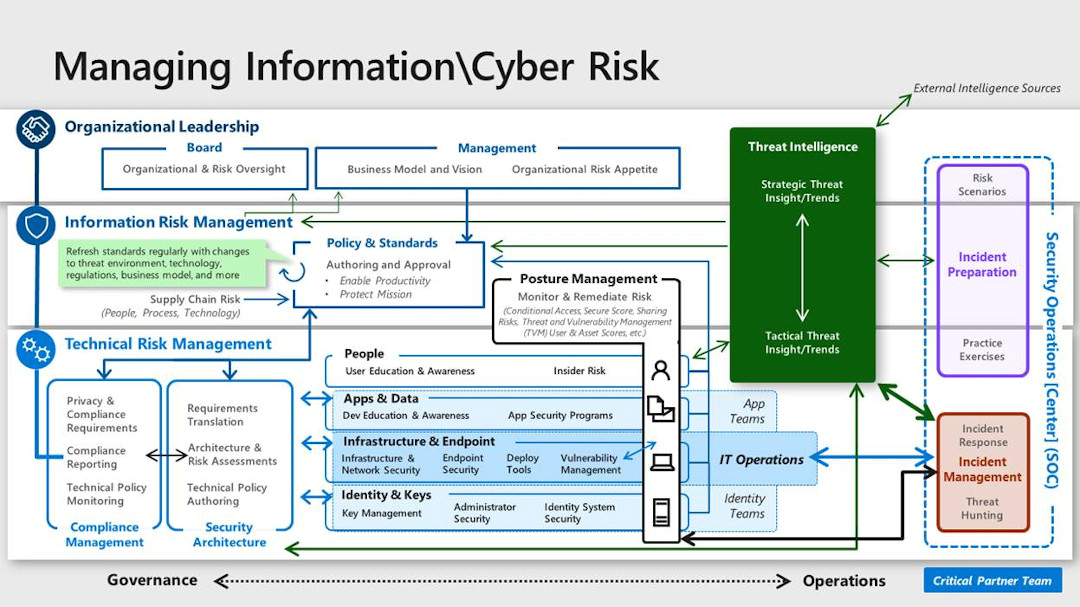 Cyber Security Roles and Responsibilities in the Enterprise
Cyber Security Roles and Responsibilities in the Enterprise
 Cybersecurity Compliance by Industry: Choosing a Framework that Fits
Cybersecurity Compliance by Industry: Choosing a Framework that Fits
 The Role of Artificial Intelligence in Cybersecurity 2023 - Iffitechsol
The Role of Artificial Intelligence in Cybersecurity 2023 - Iffitechsol
 The future of Artificial Intelligence in Cybersecurity: A Comprehensive
The future of Artificial Intelligence in Cybersecurity: A Comprehensive
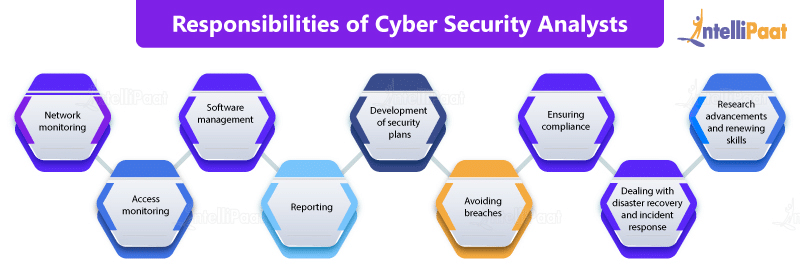 How to become a Cyber Security Analyst in 2021
How to become a Cyber Security Analyst in 2021
